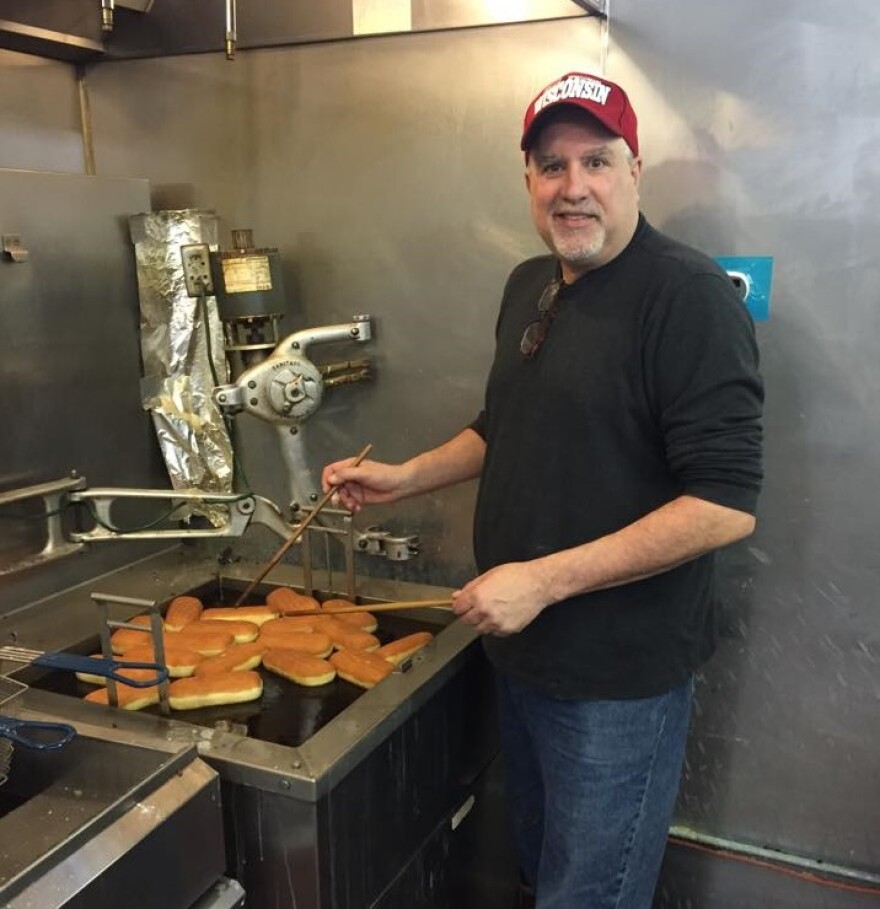Many people who give back to the community are motivated by causes that touch them, personally. That's the case for Alex Brkich. Because of his experience with his mother, Brkich has made his Wauwatosa restaurant Cranky Al’s friendly to people with Alzheimer’s and other memory loss.
He became her caregiver after she was diagnosed with Alzheimer’s, and stepped away from the donut and pizza shop for a time.
“I left here for the most part, brought my nephew in here from Chicago, and dedicated the rest of my mom's life to taking care of her, and that took 46 months. It's tough, I wasn't aware of help that was available to caregivers, so we pretty much did it by ourselves and kind of learned as we were going,” Brkich says.
Brkich says as the disease took its toll on his mother, it also drained and isolated him. He says he didn’t want to take his mom anywhere, because her behavior was unpredictable and he didn't know how people would react. As a result, he became reclusive.
“You're taking care of someone, yet trying to also take care of yourself. You let yourself go, and then you have to venture out into unfamiliar territory. That's why for me it was easy just to lock myself in my mom's house and just her and I hung out,” Brkich says.
Looking back, Brkich says he realizes he and his mom would have benefited from socialization and support. So since her death, he's started helping others struggling with memory loss. Brkich took the advice of a social worker who treated his mom, and started hosting a Memory Café at his restaurant. It's a special night of fellowship, once a month, for people with memory loss and their loved ones.
“We love it, it's getting bigger and bigger, I just wish they would let me sing but they keep saying no,” Brkich jokes as the evening’s activity – a meditative method of doodling – gets underway.
Brkich says first-time participants typically are tentative. But most leave happy, and return the next month. He believes that once they've successfully ventured into public they're more likely to make a habit of it, instead of living in seclusion.
“It's a regular, normal setting. I mean, I have customers who come in and pick up pizzas and it works out good, because we're not hiding anybody from anything. The more people that are comfortable with it, the better the care is going to be, because they're not afraid to talk and ask questions about ‘how do I do this, how do I do that,’” Brkich says.
Brkich says the Memory Cafes can help reduce the stigma surrounding Alzheimer’s and other memory loss.
“I mean it's a cruel, cruel disease and I think what people need to realize is that you can have a life and you can go out and there are things and organizations that can help you,” Brkich says.
While a number of local venues hold monthly Memory Cafes, Brkich says there's room for more. As he learned, people with memory loss and their caregivers often desperately need companionship and camaraderie.







